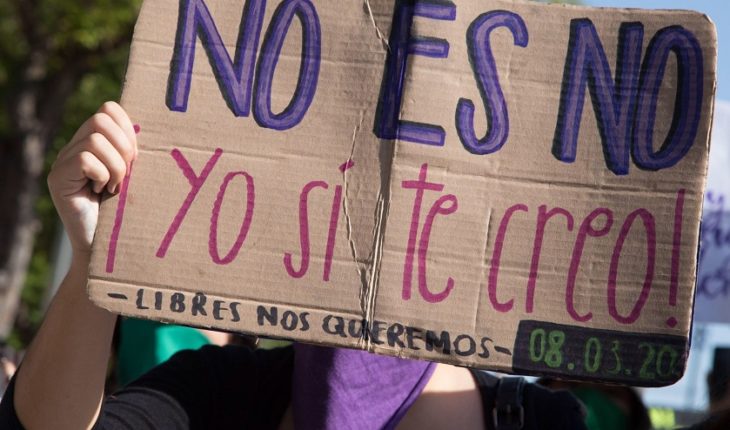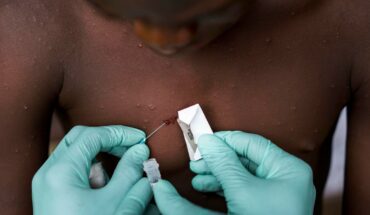The Mexico City Women’s Line received an unusual number of calls for gender-based violence last March: four times more than the monthly average in recent years.
In total there were 812 calls listed as “gender-based violence”. It is twice the 409 received in February, which already doubled 194 January.
During 2019 and 2018, the average monthly calls for this cause had been 210 and 208, and a year earlier, 149, so this 2020 is breaking the statistics well above.
The Digital Agency of the government of Mexico City made public this database open and will be updating it week by week from April 6, so that it can be analyzed if domestic violence is increased before and after the health contingency by COVID-19.
Find out: What to do in case of domestic violence during COVID-19 lockdown?
Thanks to this base, you will be able to:
– Know the total calls made to #LíneaMujeres from November 2016 to the date.
– Compare the type of call before and after the sanitary emergency.
– Analyze whether domestic violence has increased in this period.
And more! ?
— Digital Agency for Public Innovation (@LaAgenciaCDMX) April 7, 2020
Several national and international authorities and agencies have warned that this will be the case – such as the National Women’s Institute (Women) and the UN — and early indications, such as this record of calls, confirm this. Last week, the Comx Citizens’ Council for Security and Justice, which also has an emergency line, warned that it had received 65 calls for family violence, 33% more than in February, and nine of them included a gun raid.
The data show that the mayor’s township with the most gender-based violence in the year and in particular in March was Iztapalapa, where 110 calls came out last month. Disaggregated by colony, you can see that the ones that had the most, above 5 calls each, were Desarrollo Urbano Quetzalcóatl, José López Portillo and San Miguel.
Iztapalapa, who is also the most populous mayor, was followed by Gustavo A. Madero, with 71 calls; Cuauhtémoc, 54; and Tlalpan and Coyoacán, with 46 each. This order coincides with what has happened years past.
From the metropolitan municipalities of the State of Mexico, where calls are also received, the Nezahualcóyotl list, with 29, and Ecatepec with 25.
Not only did calls to Locatel for gender-based violence peak in March, but all of them have to do with family and partner violence.
Ranked as “family violence, 460 calls were received, 3% more than in February and 45% more than last year’s average. For “partner violence” they were 163, 15% more than the previous month and 111% more than the 2019 average. And of “violence in courtship” have had 14, which is within the monthly parameters.
Again, Iztapalapa, Gustavo to Madero and Tlalpan top the list.
In total, of these four categories were received in March thousand 449 calls, when the monthly average of 2019 had been 617, less than half.
In addition, there is also an increase in reports of “child violence”: they were 91 last month, 5% more than in February and 28% above average.
At the federal level, there are still no updated figures for 911 family violence emergency calls, as they are made public until the 25th of each month.
In the first bimonthly year there was a thousand 756, which implies an increase of 7%. But the common organization Cause in Common warned last Tuesday that only a third of these calls become investigations before public ministries.
“In the face of the plight of many women and families in the context of the social estrangement in the country, the agency launches an urgent call to improve the protocols and training of staff dealing with these cases through 911, it requires that all relevant investigations be opened and not only a third of them, update the protocols of care for victims and follow up on all complaints in a timely manner,” he said.
Common Cause detected that the 5,600 operators in the 911 work 12- and 24-hour shifts, in which they receive on average 10 calls per minute, without a mandatory minimum of training hours to care for women victims of violence, but do so with a protocol created in 2016 and which, according to their analysis, has major deficiencies.
What we do in Animal Político requires professional journalists, teamwork, dialogue with readers and something very important: independence. You can help us keep going. Be part of the team.
Subscribe to Animal Político, receive benefits and support free journalism #YoSoyAnimal.





